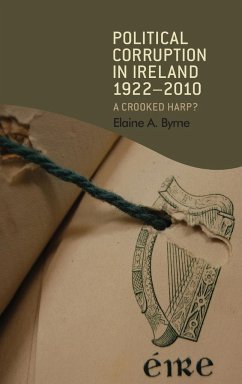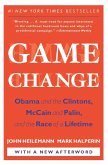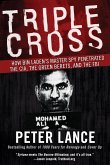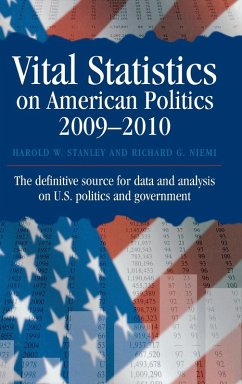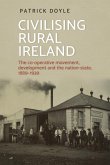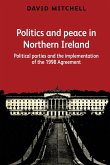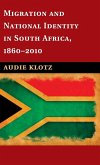This book empirically maps the decline in standards since the inauguration of Irish independence in 1922, to the loss of Irish economic sovereignty in 2010. It argues that the definition of corruption is an evolving one. As the nature of the state changes, so too does the type of corruption. New evidence is presented on the early institutional development of the state. Irish public life was motivated by an ethos which rejected patronage. Original research provides fresh insights into how the policies of economic protectionalism and discretionary decision making led to eight Tribunal inquires. The emergence of state capture within political decision making is examined by analysing political favouritism towards the beef industry. The degree to which unorthodox links between political donations impacted on policy choices which exacerbated the depth of Ireland's economic collapse is considered. This book will appeal to students and scholars of Irish politics, corruption theory, governance, public policy and political financing.

